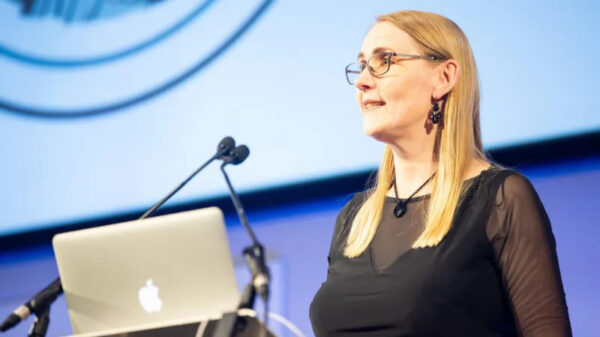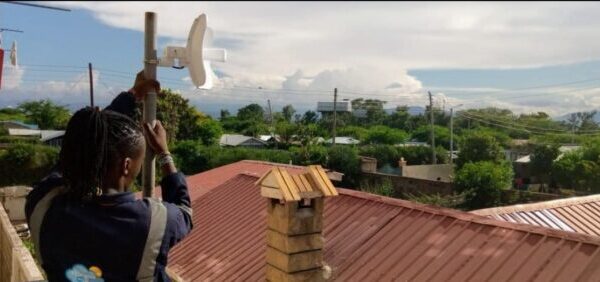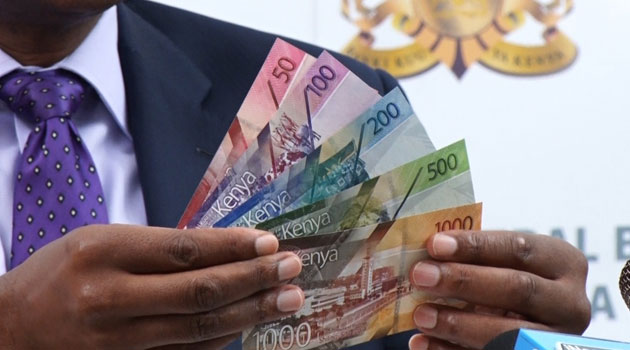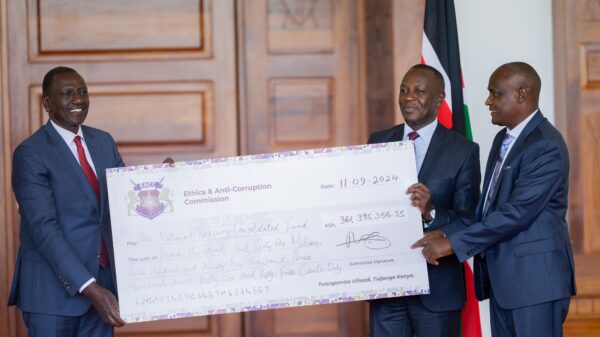
Bitcoin became the first decentralised cryptocurrency in 2009 but there are now over 100 cryptocurrencies/COURTSEY
NAIROBI, Kenya, Jan 9 – Cryptocurrency to most people and institutions in Africa is a very big, and daunting word. Like all new technologies, the concept of digital currencies remains an abstract idea to a lot of people, ushering in change and attempts to alter the status quo.
But the truth is change happens, whether we are ready or not. Those who take advantage of the change wave, stand to benefit as early adopters.
The opportunity to once again take charge of our own destiny has been presented to us as Africans. The question now is not about cryptocurrency, the question is what are we going to do to harness the full power of this opportunity?
In the beginning of trade in Africa, we traveled across lands, and water to trade amongst ourselves. The farmers from the west had cocoa; the nomads from the north had camels and other resources. Each measured the value of their goods or service and agreed on the exchange. “Trade by batter was born”
Then gold came, and other valuable resources so people started using this as a form of trading, then we had promissory notes, which were convertible based on the value of gold, or silver the issuer of the gold had in their vault. All these evolved into what we now call money today, and the unit of that money we derive from either the dollar, euro, pound even yen at the minute.
Cryptocurrency has landed at our doorstep and it’s a scary thought. Let me first define cryptocurrency.
Cryptocurrency is defined as a digital asset designed to work as a medium of exchange, using cryptography to secure the transactions and to control the creation of additional units of the currency. Cryptocurrencies are classified as a subset of digital currencies and are also classified as a subset of alternative currencies and virtual currencies.
Bitcoin became the first decentralised cryptocurrency in 2009. It is important to note that Bitcoin is just one form of cryptocurrency that is available in the world at the moment. There are over 100 cryptocurrencies (Litecoin, RXP, Clubcoin, Iota etc) that are trading for various values, and solving various problems all over the world at the moment.
Africa is missing out on the game once more because we are trying to figure out how to keep what we already have rather than think of how we can adopt these new solutions, and also protect our consumers.
Blockchain is another important concept that needs to be defined. Blockchain is a continuously growing list of records, called blocks, which are linked and secured using cryptography. Each block typically contains a hash pointer as a link to a previous block, a timestamp and transaction data. By design, blockchains are inherently resistant to modification of the data.
In Africa, we have numerous problems of trade and movement of money because of the borders that were created for us by the colonial master that still guides our ability to trade or move money around today.
You will find that a lot of our policies or laws date back to the 60”s, 70”s and 80”s. According to the Afrexim bank and other international institutions for us to grow as a continent we must trade amongst ourselves consistently. We must navigate the problems of movement of money and bring the unbanked people in our countries into an ecosystem that is easy, and accessible immediately.
Blockchain technology helps us solve some of these problems by providing Smart Contracts, Security data solution and Cryptocurrency, and much more.
Inflation is a huge problem in Africa and as we can see some of the countries in this continent struggle with managing the inflation rate on their fiat currencies i.e South Sudan which has an inflation rate of over 280%
Over the past 12 months, the African market has seen the emergence of more than 15 Bitcoin exchanges seeking to provide cheap and efficient trading services to African consumers. Some exchanges have expanded their services and have established an office in Africa to serve the new market and observe the demand of Bitcoin in several African countries.
In East Africa, local innovators have introduced cryptocurrency systems to support cross-border transactions, as exemplified by initiatives like BitPesa. In South Africa, cryptocurrencies are becoming particularly popular. In Nigeria, local traders and activists believe this new money presents an opportunity to democratise the economy. This is propelled by the fact that people in Nigeria have been failed by conventional money.
The Central Bank of Nigeria, which oversees an inflation rate of 12-14%, recently announced that they cannot stop Bitcoin. Their statement read: “Central bank cannot control or regulate bitcoin. Central bank cannot control or regulate blockchain. Just the same way no one is going to control or regulate the Internet. We don’t own it.” This is very sensible and the correct and forward-looking approach.
The intangible nature of digital currencies means that a government cannot physically remove the wealth of a citizen. This paradigm shift is a monumental step forward in the social contract, providing an additional layer of security to individuals.
For the first time, open-minded early adopters and innovators in Africa can change the game, and begin to create value for us in this continent.
Nurucoin(nurucoin.com) is one of those type of currencies that is aiming to ease the payment problems in continental trade as well as bring the unbanked into an ecosystem of cross-border trading without the problems of the middleman.
African entrepreneurs must embrace digital currencies, and find ways to make sure we own our future rather than having someone else come into this continent once more to give us food.
We need more nurucoins, we need more Sureremit and other types of African cryptocurrencies that will drive growth in our economy. Not owning or embracing cryptocurrency, and blockchain technology is so much riskier than sitting on the fence as we are currently doing as a continent.
And finally, my greatest hope is that one of our smart entrepreneurs can also create an African chain with rules, and guidelines that meet our needs just like ethereum, stellar, Ripple or even Bitcoin blockchain.
Why can’t we do this? I will leave you with that question for now.
By John Kamara ( Blockchain Evangelist)


































